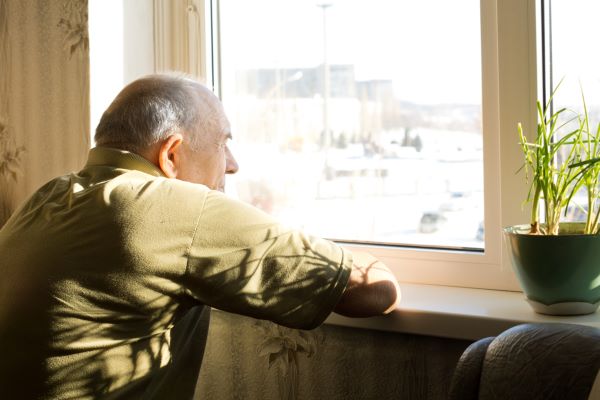Easing Isolation for Seniors While Maintaining Social Distance
Our ability to socialize has been severely impacted by medically suggested protocols for social distancing and government mandates restricting large gatherings to slow down the spread of the coronavirus. This isolation holds especially true for those seniors who live alone…



